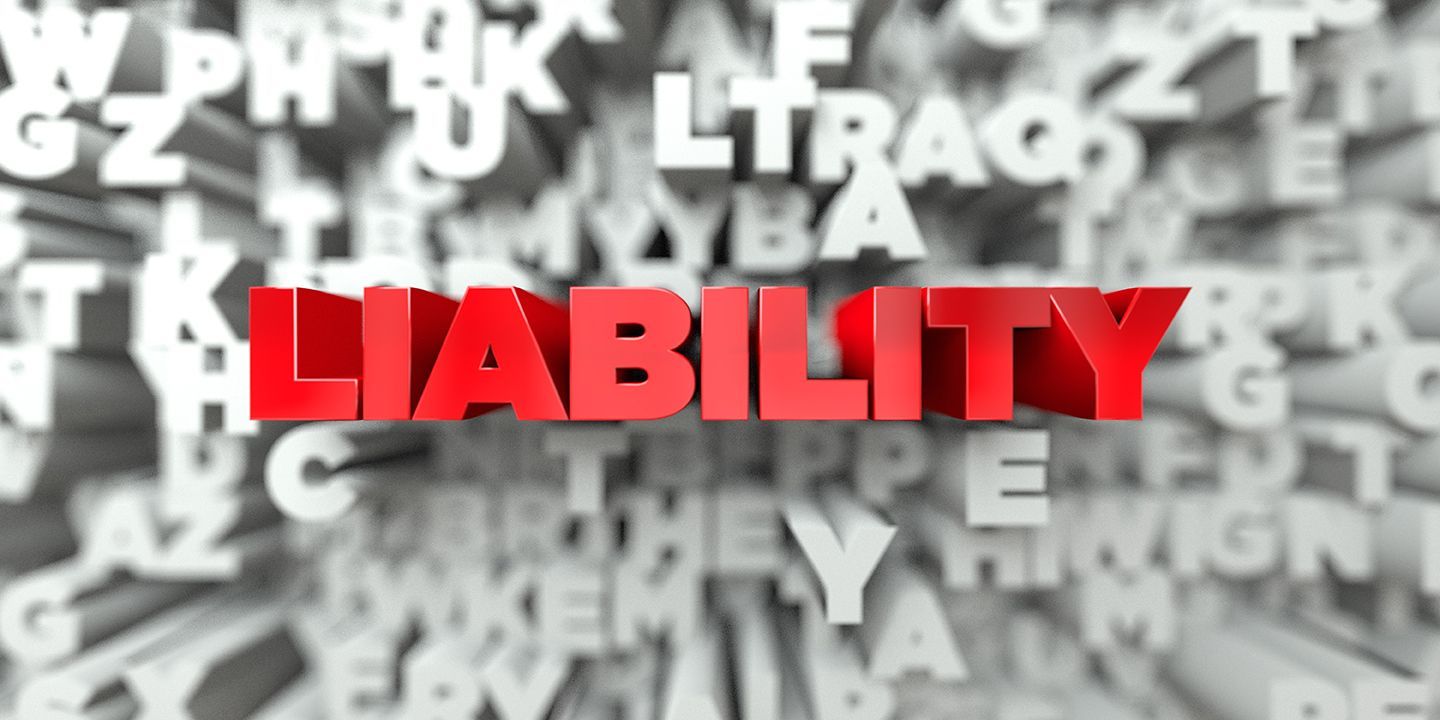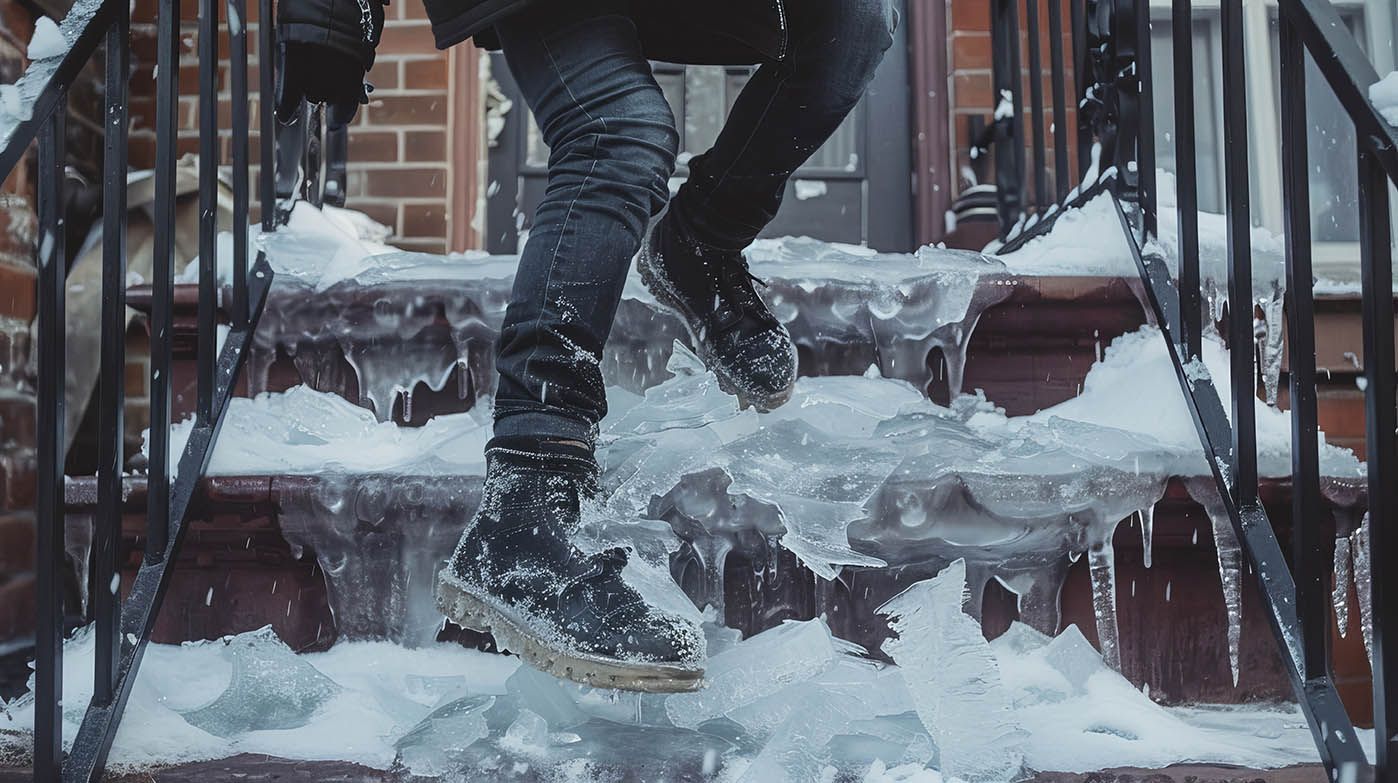BLOG
Proving Fault and Liability in Personal Injury Cases:
What You Need to Know

When you’ve been injured due to someone else’s negligence, proving fault and liability is the cornerstone of your personal injury case. It’s the foundation for recovering damages and holding the responsible party accountable. At Fitch & Stahle Law Office, we understand the complexities of proving fault and work tirelessly to build a strong case on your behalf. Here's what you need to know about demonstrating liability in personal injury claims.
Understanding Fault vs. Liability
- Fault refers to determining who caused the accident or injury.
- Liability establishes the legal responsibility of the at-fault party to compensate for damages.
These two elements go hand in hand. To recover compensation, you must prove that the other party’s actions—or failure to act—directly caused your injuries.
The Role of Negligence
Most personal injury cases hinge on negligence. To prove negligence, you must demonstrate the following elements:
- Duty of Care : The defendant had a legal obligation to act in a reasonable manner to prevent harm. For example, drivers have a duty to follow traffic laws.
- Breach of Duty : The defendant failed to meet this obligation, such as running a red light or failing to fix a dangerous condition on their property.
- Causation : The breach of duty directly caused your injuries.
- Damages : You suffered measurable harm, such as medical bills, lost wages, or pain and suffering.
How to Prove Fault and Liability
1. Collect Strong Evidence
Evidence is key to establishing fault. Examples include:
- Photos and Videos : Document the accident scene, property damage, and your injuries.
- Witness Statements : Eyewitness accounts can provide an unbiased perspective.
- Police Reports : These often contain critical details about the incident and who may be at fault.
- Expert Testimony : Experts, such as accident reconstruction specialists or medical professionals, can help establish liability and the extent of your injuries.
2. Understand Comparative Negligence
In some cases, fault may not rest solely with one party. Nebraska, for example, follows a modified comparative negligence rule. This means:
- You can recover damages as long as you are less than 50% at fault for the accident.
- Your compensation will be reduced by your percentage of fault.
For instance, if you are 20% at fault and awarded $100,000 in damages, you would receive $80,000.
3. Show Causation
It’s not enough to show that the defendant was negligent; you must prove that their actions were the direct cause of your injuries. This often requires:
- Medical records linking your injuries to the accident.
- Testimony from healthcare providers about the nature and extent of your injuries.
4. Address Common Defenses
The at-fault party’s insurance company may try to shift blame or argue that your injuries are unrelated to the accident. Be prepared to counter these defenses with thorough documentation and legal representation.
Why Legal Representation Matters
Proving fault and liability is rarely straightforward. At Fitch & Stahle Law Office, we have extensive experience in personal injury cases and will:
- Investigate the incident to uncover all evidence.
- Work with experts to strengthen your claim.
- Handle negotiations with insurance companies to ensure fair compensation.
- Take your case to trial if necessary.
Final Thoughts
Proving fault and liability is essential to winning your personal injury case, but it can be a challenging process without the right guidance. Whether you’ve been injured in a car accident, slip and fall, or other incident, Fitch & Stahle Law Office is here to help.
If you’re ready to build a strong case and secure the compensation you deserve, contact us today for a free consultation. Let us fight for justice on your behalf.
Fitch & Stahle Law Office: Protecting the injured, holding the negligent accountable.


